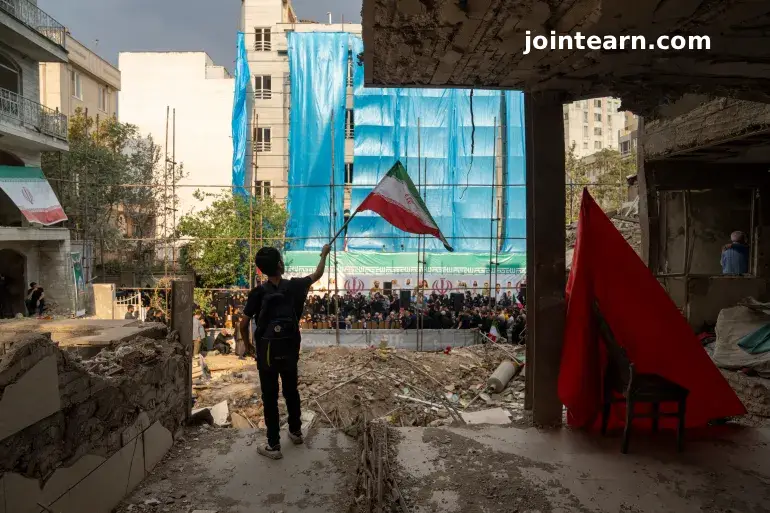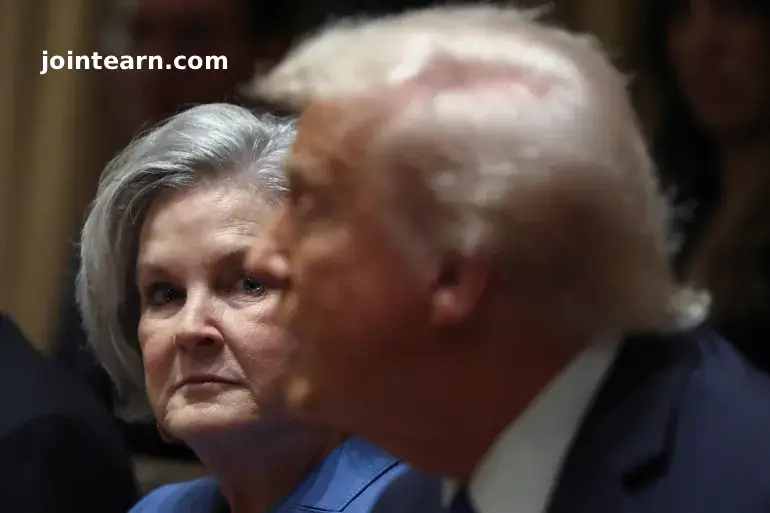
Iran has officially announced that it is no longer bound by the restrictions imposed on its nuclear program, following the expiration of the landmark 10-year nuclear deal with world powers. Despite the termination, Tehran emphasized its continued “commitment to diplomacy,” leaving open the possibility of future negotiations.
Expiration of the JCPOA: Termination Day Declared
Iran’s Ministry of Foreign Affairs stated on Saturday that “all of the provisions [of the 2015 deal], including the restrictions on the Iranian nuclear program and the related mechanisms, are considered terminated.” This declaration coincided with the deal’s official “termination day,” which occurred exactly ten years after the adoption of UN Security Council Resolution 2231.
The agreement, formally known as the Joint Comprehensive Plan of Action (JCPOA), was originally struck between Iran and six world powers—China, France, Germany, Russia, the United Kingdom, and the United States. Under the JCPOA, international sanctions on Iran were lifted in exchange for stringent restrictions on Tehran’s nuclear activities.
Fallout from U.S. Withdrawal and Snapback Sanctions
The deal’s effectiveness had already been undermined when the United States withdrew unilaterally in 2018 during President Donald Trump’s administration and reinstated sanctions. In response, Iran gradually escalated its nuclear program, moving beyond several of the limitations previously agreed upon.
Attempts to revive the deal have stalled, with the UK, Germany, and France triggering the “snapback” process in August 2025, which re-imposed UN sanctions despite Iran’s claims that the JCPOA had already expired.
Arms Control Association expert Kelsey Davenport described the termination day as “relatively meaningless due to snapback,” while Ali Vaez, Iran project director at the International Crisis Group, said the deal had been “lifeless for years” and that snapback had “officially buried” the agreement.
International Concerns and Nuclear Verification
Western powers and Israel have long accused Iran of seeking nuclear weapons capabilities, a claim Tehran consistently denies. As of 2025, neither US intelligence nor the International Atomic Energy Agency (IAEA) has provided evidence that Iran is pursuing nuclear weapons.
However, Iran’s suspension of cooperation with the IAEA following attacks during the 12-day war in June has left the agency unable to verify Iran’s nuclear stockpiles, which it described as “a matter of serious concern.” President Masoud Pezeshkian cited perceived IAEA double standards in approving the suspension of inspections.
Deadlocked Nuclear Talks
Negotiations between Iran and world powers remain stalled. Tehran has expressed skepticism about engaging with the US, citing past interactions during the Trump administration, while Washington continues to seek a maximalist deal.
Although former President Trump recently indicated a willingness to negotiate a peace deal with Iran, Tehran insists that any talks must include guarantees against military action. Meanwhile, European powers—including France, Germany, and the UK—plan to pursue discussions aimed at a “comprehensive, durable, and verifiable agreement,” despite Iran’s reluctance after snapback sanctions were triggered.
Context: Iran, the Middle East, and Nuclear Security
Iran’s nuclear program and its diplomatic standoff with Western powers remain one of the most sensitive issues in the Middle East, with implications for regional security, global energy markets, and non-proliferation efforts. The expiration of the JCPOA marks a pivotal moment in international diplomacy, potentially opening the door to renewed tensions or negotiations depending on Tehran’s future engagement


Leave a Reply